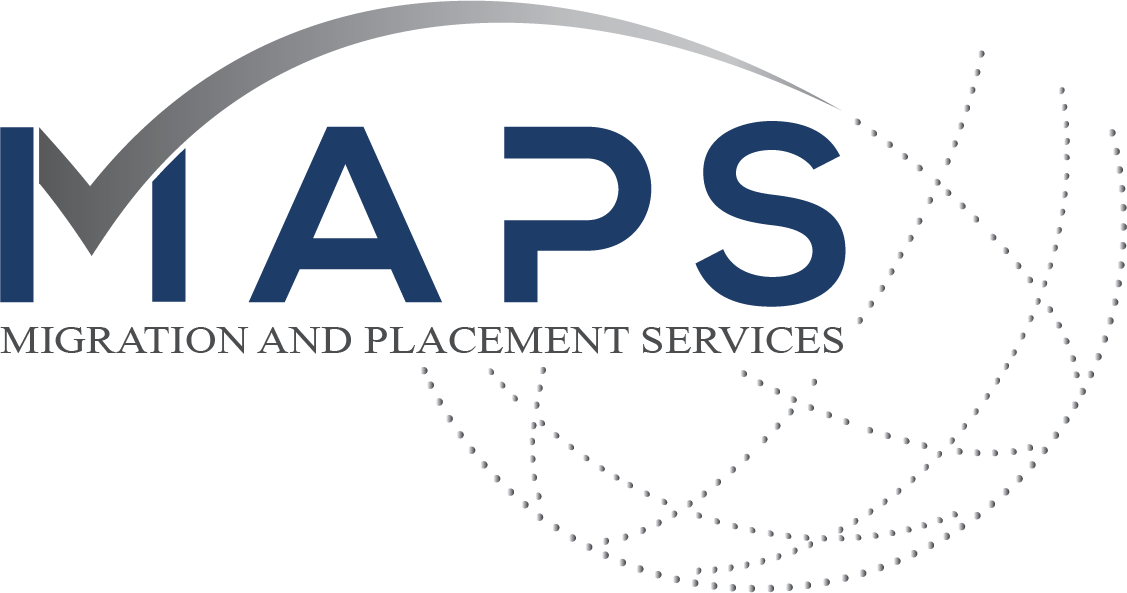
Labour Agreements
For sponsors that cannot utilise the 482 (TSS) or other sponsored visa programmes, a labour agreement may be a suitable solution for accessing a skilled international workforce.
A labour agreement is a quasi-enterprise bargaining agreement specific to international workers. Unlike an enterprise bargaining agreement, the international employees under the labour agreement are not viewed as stakeholders and do not get to participate in its creation.
The labour agreement is a contract between the sponsoring business and the Department of Home Affairs. It sets out the minimum terms and conditions of employment for specific occupations that can be sponsored under the agreement. A guiding principle is that these terms and conditions cannot be less favourable than what an Australian with equivalent skills and experience would receive if employed by the business.
For employers in the Northern Territory, there is currently a type of labour agreement called a Designated Area Migration Agreement (DAMA) in force which permits employers to hire international workers under the 482 (TSS) visa programme. Apart from the advantage of not requiring an employer to become a standard business sponsor under the 482 programme, sponsorship under the DAMA permits access to a wider range of occupations than the general 482 visa programme allows.
For specific sectors in Australia, an employer may be able to access an industry labour agreement. Industry labour agreements have been previously negotiated by industry groups and stakeholders to create specific agreements that meet minimum terms and conditions of employment in Australia for the industry.
Currently, the following industry labour agreements exist:
- Dairy
- Fishing
- Meat
- Minister of religion
- On-hire
- Pork
- Restaurant (fine dining)
- Snow sport
If your business does not operate in any of these industries, it is possible to apply for a company specific labour agreement with the Department of Home Affairs, if a genuine skill shortage can be shown for occupations the business needs to employ. This generally requires detailed submissions by the business on attempts of advertising for the roles, in addition to engagement with relevant stakeholder groups to provide an opportunity for comment on the skill shortage in the sector the business operates.
A major benefit of the labour agreement is that it allows employers to access sponsorship of occupations that may not be available through existing employer sponsored visa programmes, including lower skill level occupations.
To make a successful labour agreement application with the Department of Home Affairs it is important to ensure that all criteria are met and that you put forward a persuasive case for why your agreement should be accepted, especially if you are seeking concessions on wages. An error or inconsistency in submissions supporting a labour agreement can result in a time consuming and drawn out process, and ultimately lead to a negative outcome on the application.
If you are considering a labour agreement, MAPS highly recommend engaging a skilled and experienced registered migration agent to represent your business. To find out more about labour agreements and whether it is the right choice for your business, please call MAPS on 1300 899 734.
